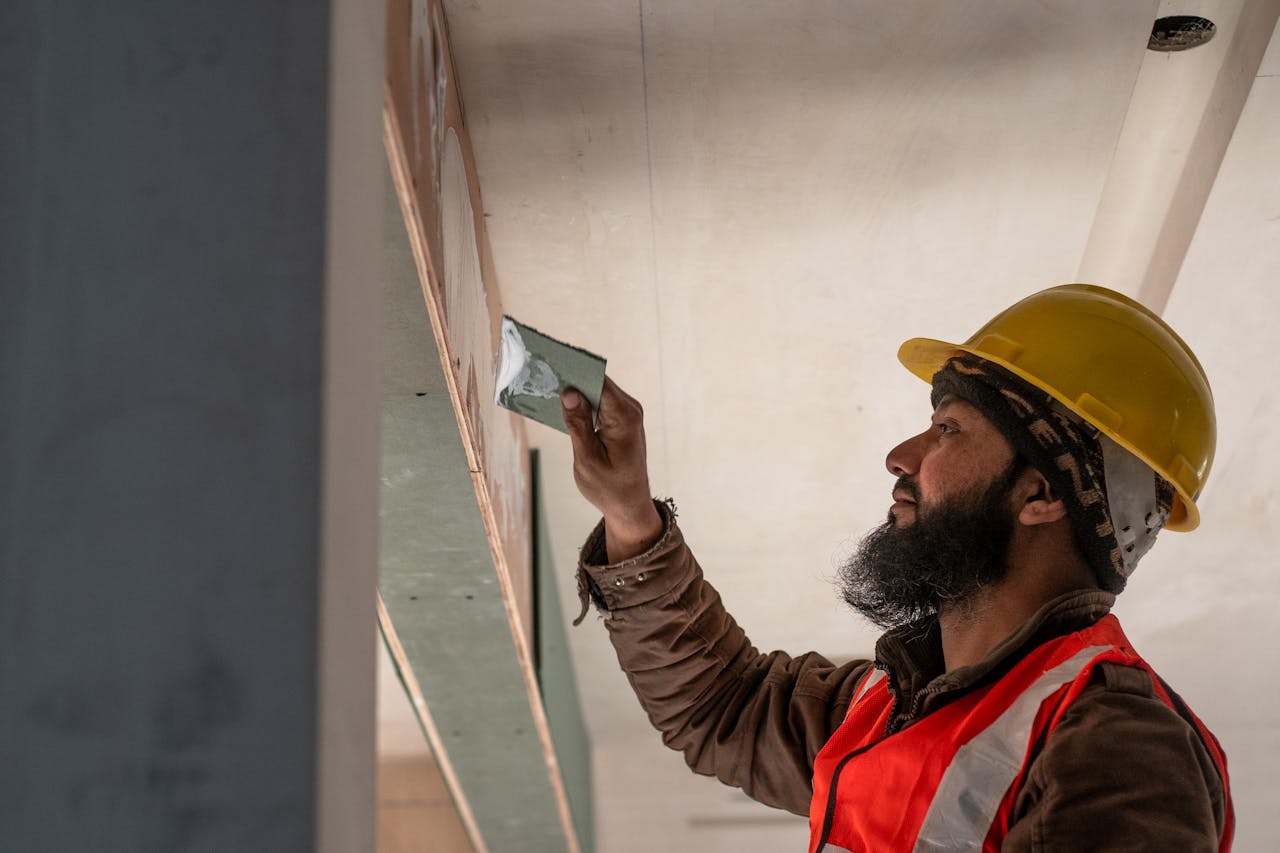The Change Management Process for Retail Stores in Contractor Management

Effective Change Management for Contractor Management in Retail Stores
In today’s fast-moving retail environment, operational efficiency is no longer optional. Retailers must continuously improve how they manage contractors responsible for maintenance, renovations, and construction. However, implementing new contractor management systems without a structured change management approach often leads to resistance, low adoption, and operational disruption.
Change management plays a critical role in ensuring new contractor management processes are successfully adopted across retail stores. It focuses not only on systems and workflows, but also on people—how they understand, accept, and apply change.
Why Change Management Is Critical in Retail
Retail organisations operate in high-pressure environments where downtime directly impacts customer experience and revenue. Poorly managed change can disrupt store operations and damage contractor relationships.
Effective change management helps retailers:
- Reduce resistance from employees and contractors
- Increase adoption of new systems
- Minimise operational disruptions
- Improve efficiency and cost control
By addressing the human side of change, retailers can ensure smoother transitions and better outcomes.
Key Components of Change Management for Contractor Management
1. Stakeholder Analysis
Retailers must identify stakeholders such as store managers, facilities teams, procurement staff, contractors, and frontline employees. Understanding their influence and concerns allows for targeted engagement strategies.
2. Clear Vision and Objectives
Defining clear goals—such as faster contractor response times or improved compliance—helps stakeholders understand the purpose and benefits of the change.
3. Communication Strategy
Transparent and consistent communication builds trust. Regular updates, feedback channels, and clear messaging reduce uncertainty and resistance.
4. Training and Enablement
Tailored training ensures that each stakeholder group has the skills and confidence to adopt new contractor management processes effectively.
5. Pilot Testing and Rollout
Testing new systems in selected stores helps identify issues early and refine processes before a full rollout.
6. Performance Monitoring
Tracking KPIs such as completion rates, contractor performance, and customer satisfaction ensures continuous improvement.
Best Practices for Retail Change Management
- Secure strong leadership support
- Involve stakeholders early
- Communicate benefits clearly
- Empower frontline teams
- Continuously improve based on feedback
Conclusion
Successful contractor management transformation in retail depends on effective change management. By focusing on people, communication, and structured execution, retailers can improve operational efficiency, reduce costs, and deliver better customer experiences.
References
- Kotter, J. P. (1996). Leading Change. Harvard Business Press.
- Prosci. (n.d.). Change Management Methodology.
- Retail Industry Association. (2024). Best Practices in Change Management for Retail Stores: A Practical Guide.














.jpg)








